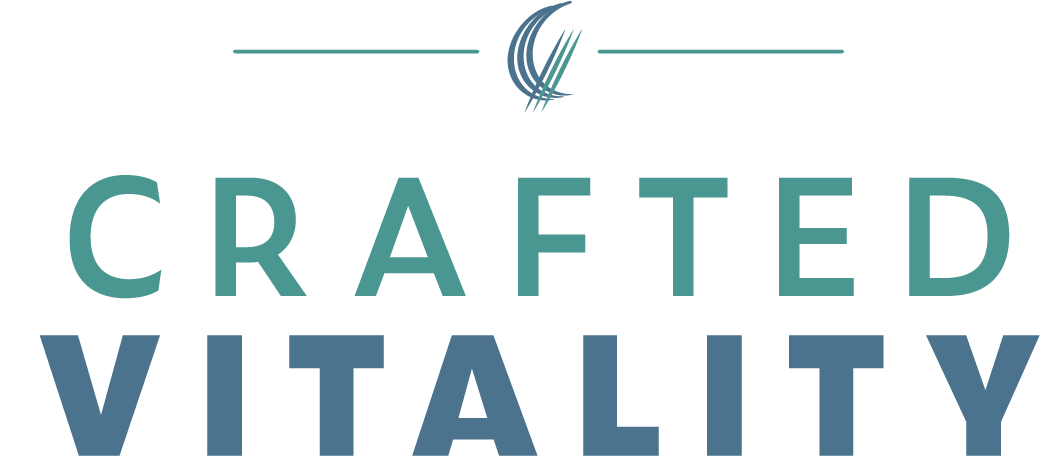
Using FSA and HSA funds for semaglutide, IV treatments & microneedling
In this article we discuss how to use Health Savings Accounts (HSAs) and Flexible Spending Accounts (FSAs) for semaglutide, IV therapy and micro needling. For the procedures to qualify, there are specific Federal requirements clinics can meet that allow their patients to utilize HSA and FSA funds.
FSA funds expire and should be utilized before the funds are forfeited. Between 2019 and 2020, $7.2 billion dollars of FSA money was forfeited, an average approximately $350 a worker, with 40% of FSA holders forfeiting funds. HSA funds do not expire, but with healthcare costs increasing faster than average inflation, healthcare savings lose purchasing power over time.

Can I use my HSA or FHA to pay for semaglutide and/or IV therapy?
The answer is yes, but there are limitations. Three key portions of the IRS guidelines on the subject provide guidance:
1) In order for IV treatments and semaglutide to qualify, they must be, “…recommended by a medical practitioner as treatment for a specific medical condition diagnosed by a physician.”
2) “Medical care expenses must be primarily to alleviate or prevent a physical or mental disability or illness. They don’t include expenses that are merely beneficial to general health, such as vitamins or a vacation.”
3) “You can include in medical expenses the amounts you pay for laboratory fees that are part of medical care.”
High quality wellness clinics like Crafted Vitality provide guidance and access to discounted lab testing that can identify precursors to chronic diseases and proactively treat the body to prevent onset. For example, a medical history together with labs may indicate a high risk of chronic disease development (i.e. diabetes, rheumatoid arthritis, etc.) that can be addressed (in part) with a specific IV treatment.
The information referenced above and more is contained in: IRS Publication 502
So how can I meet the IRS guidelines (stated above) and use my HSA/FSA funds?
Look for practices that accept HSA and FSA like Crafted Vitality. There are practices that include both Naturopathic Doctors and Physicians that collaborate to provide appropriate medical care. Many common chronic conditions such as diabetes and Crohn’s disease start with mild symptoms that with laboratory testing and treatments (such as IVs) can help prevent many physical illnesses.
Can I use FSA or HSA to pay for microneedling (and Morpheus8) treatments?
Yes, if a physician recommends the treatment to help prevent certain types of skin cancer. There is a strong relationship between ultraviolet-B (UVB) exposure and non- melanoma skin cancer. Microneedling (including Morpheus8) and other dermabrasion treatments can be used to promote skin repair and suppress the spread of the outermost layers of skin (keratinocytes) that have been damaged by UVB.
What’s the process? Can you give me an example?
Terry is married and has a stressful life between two young children and a high pressure job. Terry knows that more sleep and better foods would be good, but has mild symptoms that can be controlled by over the counter medications and pure strength of will.

Terry’s employer communicates that the FSA funds must be spent by January 15th or will be lost– there is a $450 balance. Terry finds a practice that has a Naturopathic Doctor and Physician or Nurse Practitioner to collaborate and determine the past tests based on Terry’s symptoms, medical history, and budget. The tests reveal the source of Terry’s symptoms, many of which are precursors to a chronic condition.
To prevent Terry from developing a specific chronic condition, the team recommends a number of lifestyle changes, including semaglutide and IV treatments to help get the body back to a healthy baseline. Once the baseline is achieved, it can be maintained through diet, supplements, and perhaps the monthly or quarterly IV.
What are FSAs and HSAs?
Flexible Spending Accounts (FSAs) and Health Savings Accounts (HSAs) are programs normally between an employer and employee that allow tax free monies to be reimbursed or saved when they are used on qualified medical and dental expenses. The maximum amount that can be put into an FSHA in 2023 is $3050 per employee. Maximum amounts for Health Savings Accounts (HSAs) are $3850 for an individual and $7750 for a family. HSA thresholds increase $1000 if the owner is 50 or older.

HSA vs. FSA: Very similar with a key difference– FSA funds expire
Both programs are most commonly funded with pre-tax wages withheld from paychecks, although HSAs can be set up independently. In order to qualify for a HSA, three criteria must be met: 1) have a high deductible health plan 2) you’re not claimed on anyone else’s return, 3) you are not enrolled in Medicare.
The key difference between the two programs is that FSA funds expire while HSA funds can rollover without penalty. Each employer determines whether FSA funds expire; however, the maximum rollover amount possible for 2022 is $570. Those with FSAs should check with their employer to find out FSA rollover policies and rules.
HSAs do not expire, but they lose purchasing power with annual inflation and healthcare price increases. HSAs have higher contribution limits that have recently been adjusted in response to rising healthcare costs.
Read a recent article by Forbes to learn more about the differences between FSAs and HSAs.



